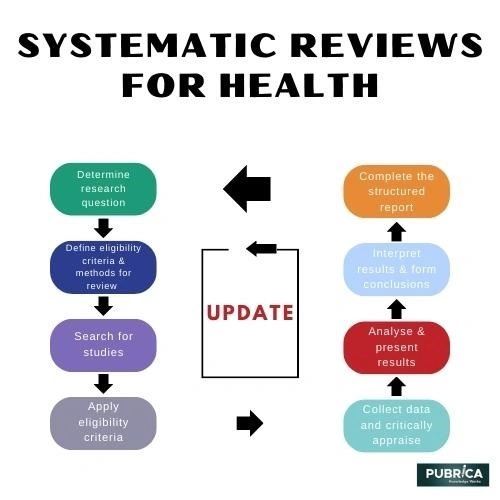- Services
- Discovery & Intelligence Services
- Publication Support Services
- Sample Work

Publication Support Service
- Editing & Translation
Editing and Translation Services
- Sample Work

Editing and Translation Service
- Research Services
- Sample Work

Research Services
- Physician Writing
- Sample Work

Physician Writing Service
- Statistical Analyses
- Sample Work

Statistical Analyses
- Data Collection
- AI and ML Services
- Research Impact
- Sample Work

Research Impact
- Medical & Scientific Communication
- Medico Legal Services
- Educational Content
- Industries
- Subjects
- About Us
- Academy
- Insights
- Get in Touch

- Services
- Discovery & Intelligence Services
- Publication Support Services
- Sample Work

Publication Support Service
- Editing & Translation
Editing and Translation Services
- Sample Work

Editing and Translation Service
- Research Services
- Sample Work

Research Services
- Physician Writing
- Sample Work

Physician Writing Service
- Statistical Analyses
- Sample Work

Statistical Analyses
- Data Collection
- AI and ML Services
- Research Impact
- Sample Work

Research Impact
- Medical & Scientific Communication
- Medico Legal Services
- Educational Content
- Industries
- Subjects
- About Us
- Academy
- Insights
- Get in Touch

Systematic Reviews for Health: Standards for Reporting
The purpose of reporting standards is to increase transparency and quality in health research reporting.
Introduction
Systematic reviews are comprehensive, critical assessments of existing evidence on a specific research question or topic. Several guidelines and standards have been established to ensure transparency, consistency, and quality in reporting systematic reviews. The preferred standard for reporting systematic reviews is the PRISMA (Preferred Reporting Items for Systematic Reviews and Meta-Analyses) statement. PRISMA provides a checklist and flow diagram that researchers can use to accurately report their systematic review methods and results.

Here are the key components of the PRISMA checklist:
- Title and Abstract: Include a clear, informative title and structured abstract that summarizes the review objective, methods, and main findings.
- Introduction: Describe the rationale and research question(s) for the review, including a brief background and the importance of the topic.
- Methods: Provide a detailed description of the review methods, including eligibility criteria for studies, search strategies, study selection process, data extraction methods, and any statistical analysis or meta-analysis performed.
- Results: Present the review’s findings in a clear and structured manner, including the number of studies identified, included, and excluded at each stage of the literature review process.
- Discussion: Interpret the results in the context of the review question, addressing the strengths and limitations of the review and discussing implications for practice, policy, or future research.
- Funding: Disclose the funding sources for the systematic review, if any.
- Conclusion: Summarize the review’s main findings and provide recommendations, if applicable.
In addition to PRISMA, other reporting guidelines exist for specific types of systematic reviews, such as Cochrane Collaboration for healthcare interventions or MOOSE (Meta-analysis of Observational Studies in Epidemiology) for observational studies.
Adhering to these reporting guidelines improves the clarity and quality of systematic reviews, allowing readers to assess the validity and reliability of the findings. It also facilitates the replication of studies and contributes to the overall transparency and reproducibility of scientific research in the health field.
Conclusion
In conclusion, Pubrica systematic reviews play a vital role in summarizing and evaluating existing evidence in the health field. Several standards and guidelines have been established to ensure accurate reporting and enhance transparency. The PRISMA (Preferred Reporting Items for Systematic Reviews and Meta-Analyses) statement is the preferred standard for reporting systematic reviews. It provides a checklist and flow diagram that outlines the essential components of a systematic review, including the introduction, methods, results, and discussion.
Give yourself the academic edge today
Each order includes
- On-time delivery or your money back
- A fully qualified writer in your subject
- In-depth proofreading by our Quality Control Team
- 100% confidentiality, the work is never re-sold or published
- Standard 7-day amendment period
- A paper written to the standard ordered
- A detailed plagiarism report
- A comprehensive quality report


